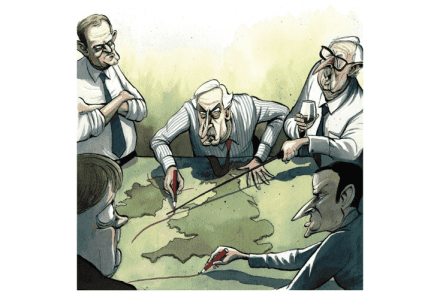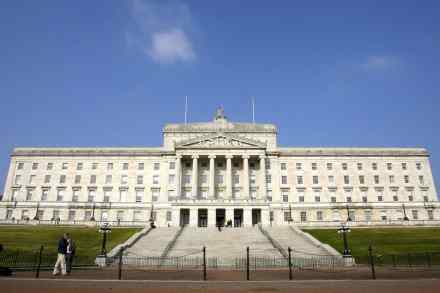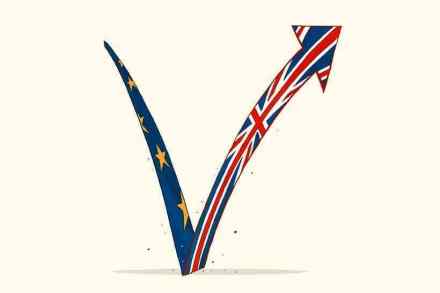The EU never understood Northern Ireland
At the heart of the crisis over the Protocol is its failure to deliver on its own stated aims. To understand this crisis, it is necessary to know some key aspects of the Protocol’s genesis and history. Exactly a month after Theresa May triggered Article 50, the European Commission was instructed by the member states (the European Council of 27) with ensuring the UK’s orderly withdrawal from the EU, including finding arrangements for the island of Ireland. That meant securing the Good Friday Agreement and avoiding a hard border. This was set out in legal guidelines on 29 April 2017 and elaborated in directives for the negotiations the following month:




